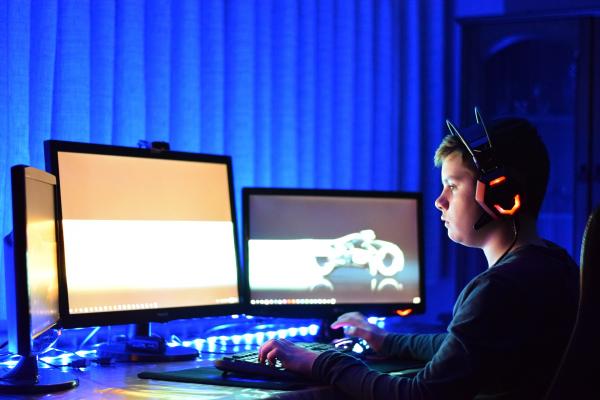A world first study has shown some interesting results about balancing your child’s day for better academic outcomes.
Researchers from the University of South Australia found that lower light physical activity is related to better numeracy and literacy, and that higher sedentary time is related to better literacy.
The university’s Dr Dot Dumuid said the findings shows how light physical activity, such as doing chores, sitting at the computer, playing video games, preparing or eating food and general pottering around, can drain time.
“When we talk about what makes up a child’s best day for academic achievement, we have to consider all the different elements of that day – sleep, exercise, activity, rest and play – but of course, within the boundaries of 24 hours,” Dr Dumuid said.
“If a child is spending more time in light physical activity – doing chores, playing computer, or just pottering around – then they have less time for sleep, study and moderate-to-vigorous physical activity, all of which are good for academic achievement.
“In some ways it’s like Newton’s law – for every action, there is an equal and opposite reaction – yet in this instance, every increase in one behaviour has a corresponding and equal decrease in one or more of the remaining behaviors.
“So, you could say: it’s not only what you do, but what you don’t do that contributes to academic success.”
The study assessed 528 children aged 9-11 years, and 1874 children aged 11-12 years.
Co-researcher, Professor Tim Olds said that while poorer academic achievement is unlikely to be related to the amount of light physical activity, it could displace the remaining behaviours.
“Each day has a fixed budget of 24 hours, so it’s not so much about the fact that children engage in light physical activity, but by doing so, they reduce the amount of time they could be spending in other activities,” Prof Olds says.
“If parents can aim for their children getting enough sleep, enough exercise and sufficient study time, then their children might not even have enough time for light physical activity – problem solved!”








